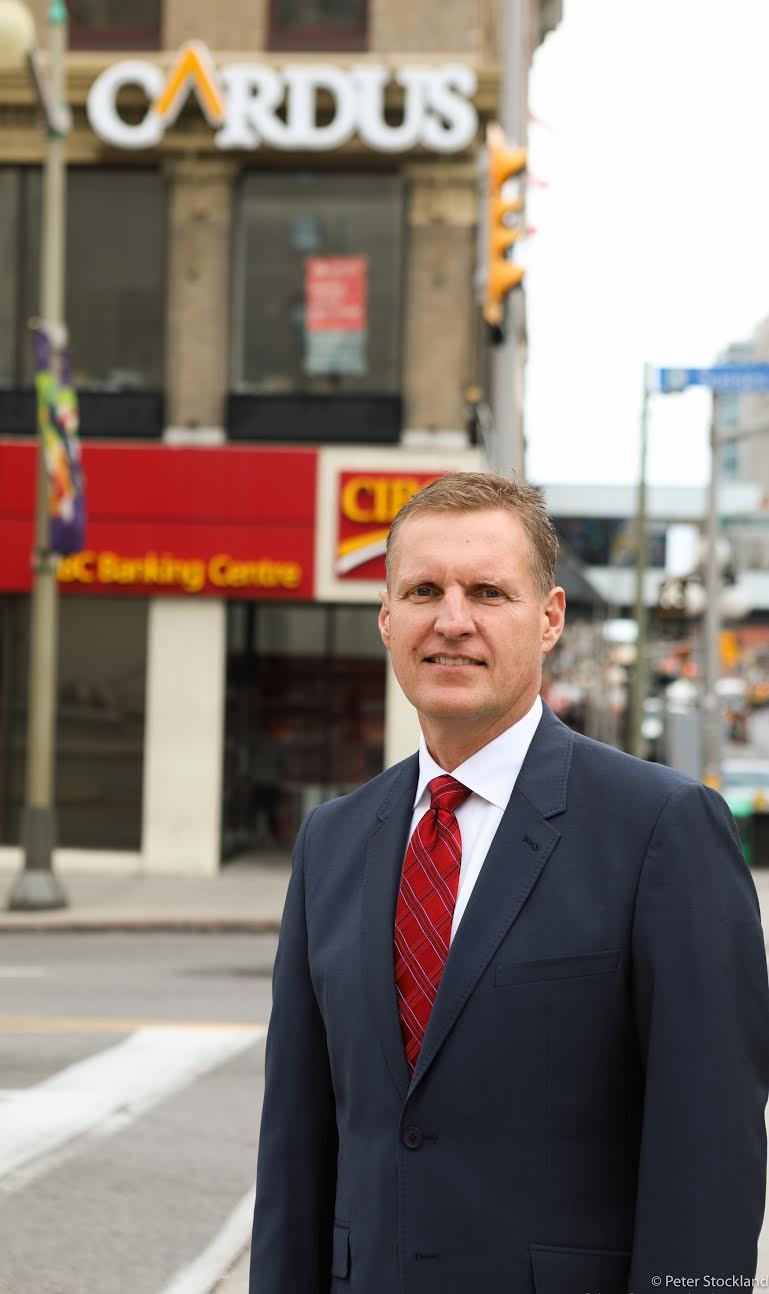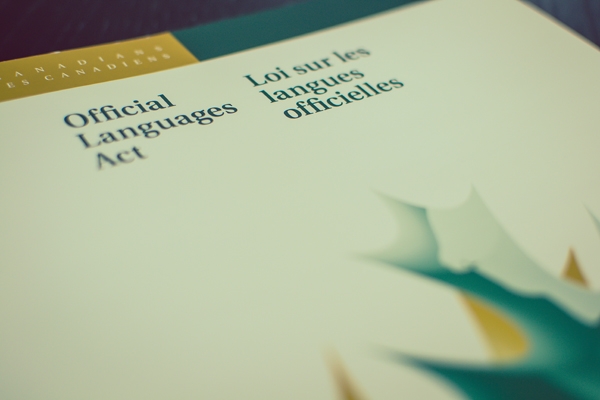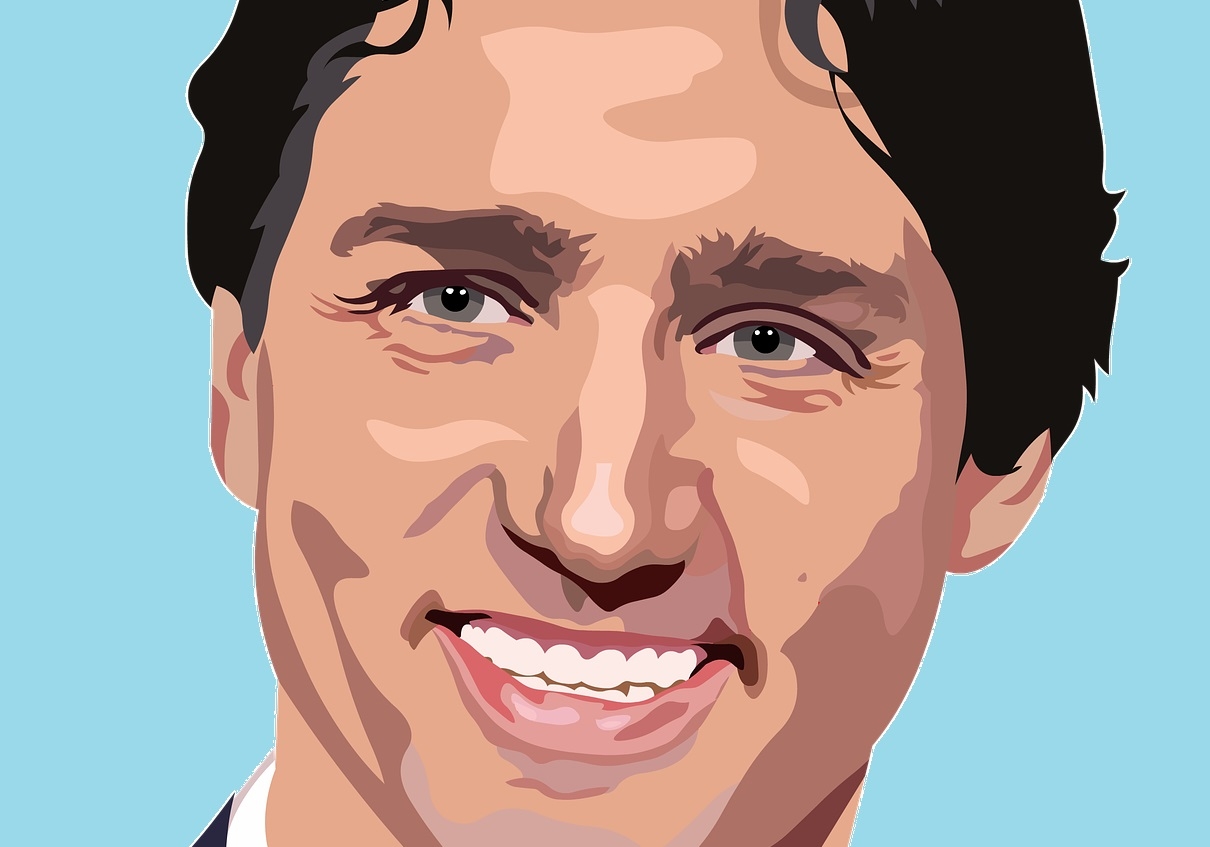
Plucky Think Tank Takes Its Place in Ottawa
Photo by Peter Stockland
Separation of Church and State is obviously necessary for a country who’s definition of freedom includes belief. Canada prides itself on being inclusive and open-minded, even though we don’t have a constitutional clause (like the United States does) telling Parliament to steer clear of dictating any one religion. It seems, however, that we’ve taken this unspoken rule quite literally, and have scared off any discussion of faith from the Hill.
 CARDUS is a think tank that just opened its Ottawa office on the corner of Rideau and Sussex. Their faith-based perspective is what drives their work as Parliament’s new neighbour. We talked to co-founder, Michael Van Pelt, about where he sees religion’s home in Canada’s political landscape.
CARDUS is a think tank that just opened its Ottawa office on the corner of Rideau and Sussex. Their faith-based perspective is what drives their work as Parliament’s new neighbour. We talked to co-founder, Michael Van Pelt, about where he sees religion’s home in Canada’s political landscape.
Ottawa Life: Can you describe what you do as a Public Policy Think Tank?
Michael Van Pelt: In a way CARDUS is part of the typical not for profit public policy think tanks in Canada (remember in Canada that’s a newer phenomenon than in the United States). So you have a whole plethora of think tanks, many of them based out of Ottawa. We work on very similar projects whether its public policy projects, strengthening families, education reform, renewal of our economic sphere, or dealing with end of life issues; those are the type of very typical policy issues that we work with.
But we’re a little bit different in that we’re also invested in much more of a cultural engagement. And that cultural engagement places CARDUS in a tradition. We come out of a European Social Thought tradition, which is historically a Christian perspective, although many of the ideals we hold to are consistent with various religious communities across Canada.
Can you explain more about what you mean by cultural engagement?
Think about what would happen if you wake up in the morning and you want to change something. How do you change that? How does culture change? How does politics change? Some people will decide that the way to change the world is to change legislation or to change policy — and that is a way to change the world. But behind that is often times major cultural trends and social trends that inform how people react on the hill. So we don’t want to just look at those specific policy issues, we actually want to look at what animates that from a social and cultural and philosophical and intellectual perspective.
So for example when you look at end of life issues: you can’t talk about palliative care without having an understanding of the dignity of the human person. Who are we as humans? What value do we have? What kind of control or authority should one have over another’s life? All of those quite big philosophical issues actually inform that public policy issue.
Many people do this and they do it from their own intellectual traditions. Our intellectual reservoir is European Christian Thought, and it’s the basic idea that loving your neighbour as yourself actually has day-to-day practical implications, including policy implications.
Tell me more about the Ottawa office and how it opened?
This is a pretty significant shift for CARDUS. We observe trends in the Canadian policy world and in our political world — we’re on the one hand watching significant hesitancy about interaction with faith-based communities, and significant hesitancy about engaging in questions of religion. And not just hesitancy but also a pretty credible, or reasonable, amount of just plain old forgetfulness. Some might say it’s a little bit more than hesitancy, a little more than forgetfulness, some might say we’re just not interested in religion and religion should have nothing to do with the public square. It could be the whole spectrum of those opinions.
At CARDUS we don’t want to build a country that looks like that; we want a country that authentically engages in questions of faith, not just at a religious-worship level, but also how faith integrates and influences policy decisions, whether economic decisions, whether social decisions, whether they’re cultural decisions. The reality is, when normal Canadians get up in the morning, their religious commitments, or their communities of faith are actually quite important, and they do have an impact on their perspectives of the world and their perspectives of the public square, and their perspectives of what happens here in Ottawa. That was the animating philosophy when CARDUS was just beginning: we are a Think Tank that works from a faith perspective, we’re a Think Tank that collaborates with all kinds of different faith communities as well. Our intellectual roots are Christian but we interact with a very broad spectrum of people. That conversation needs to have a strong presence in Ottawa.
So, how do you do that? You don’t set yourself 5 miles down the road, what you do is you set yourself smack dab in the middle of where the action is. So we’re the hospitable neighbour to the activities at Parliament; we talk about ourselves as being three-doors-down from Parliament. We want that kind of faith-hospitality to show up here. And it’s not just faith-hospitality; where there’s hesitancy and sometimes animosity about faith, we still want to be the most welcoming players around. And it shows up in the amount of people who walk through our door — it’s not just those who want to rally around this or that idea, it’s also people who want to engage us and not agree. Part of the measurement and the test of CARDUS’s ability to be actually a public-facing organization is to engage people with very wide perspectives. So, yes, we do have a perspective, we have ideas, we have arguments, we have research papers that have certain kind of arguments, but we want to be able to engage a wider kind of marketplace to do that, in an authentic, fun, hospitable kind of way. That’s really what this office is about.
- Why is all of this important? Well, we did research with the Angus Reid Institute as part of FaithInCanada150, and we found that:
- 21% of Canadians are deeply committed religious people
- 60% are spiritually interested, spiritually aware, not rejecting faith
- 21% are not interested and see faith as not beneficial to society
There’s a pretty substantial middle ground of people who say that faith is actually pretty important, both to society and personally.
83% of immigrants coming into this country are religiously identified (we have for years and years been one of the world’s most welcoming countries, but it is often times forgot that religion and religious commitments are a huge component of the people that we welcome into this country). At minimum, we want to talk about that.
It’s so easy to ignore religion, and in the political arena, religion can be so charged, there’s even more motivation to ignore it. We have found out you cannot do that internationally — religion has become a huge global issue — but we can’t do that in this country either. So, from there we go to work: we think about what our perspective would be on, say, end of life issues; how do religious commitments impact those? How do religious commitments impact how we organize labor in this country? We explore that.
The idea to start this organization came from seeing the positive side but also the negative side [of Canada’s political treatment of faith]; I’m watching Canada more and more resist engaging people of faith. We’re living with both of these trends, and that’s what animated my colleague and I to decide: rather than live only in our own spaces, lets build a think tank that can communicate this vision to a broader public.











